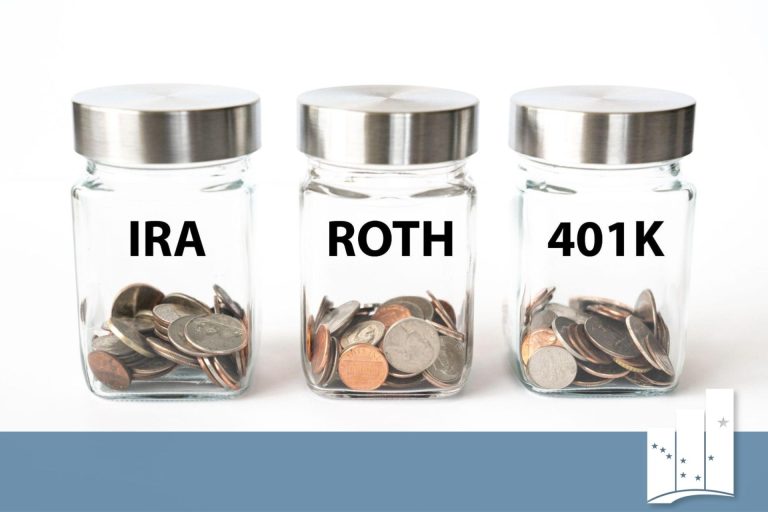
On December 21, 2017, the front page of the Anchorage Daily News announced congressional passage of the “Tax Cuts and Jobs Act” (TCJA) with a picture of the Alaska delegation. As a tax professional, each derivation of the House and Senate bills had kept me busy and my phone ringing. Now, with the law signed on December 22nd, and with a nod to Alaska’s influence, I downloaded both the song, “The Room Where it Happened” from the Broadway phenomena Hamilton and the final tax legislation and began to sort through what made it in, what was removed and what is completely new.
TCJA comprehensively and dramatically changed the taxation of individual taxpayers for tax years beginning in 2018 and before 2026, providing new income tax rates and brackets, increasing the standard deduction while suspending personal deductions, limiting state and local income, property and real estate tax deduction to $10,000 combined, temporarily increasing the medical deduction, limiting interest deduction on new qualifying home (principal and second) mortgages and eliminating home equity debt interest deduction altogether. There is a new deduction for taxpayers with “qualifying business income” from pass through entities and a change to the individual AMT and the Kiddie Tax. The child tax credit is expanded and refundable for more taxpayers, among many other changes.
Ordinary income tax rates are generally lowered for individuals in 2018. Its best illustrated in this chart available from the AICPA comparing the changes for Married Filing Joint taxpayers before TCJA and after TCJA:
| Income Range | Before TCJA | TCJA |
| $1 to $19,050 | 10% | 10% |
| $19,051 to $77,400 | 15% | 12% |
| $77,401 to $156,150 | 25% | 22% |
| $156,150 to $165,000 | 28% | 22% |
| $165,0001 to $237,950 | 28% | 24% |
| $237,951 to $315,000 | 33% | 24% |
| $315,001 to $400,000 | 33% | 32% |
| $400,001 to $424,950 | 33% | 35% |
| $424,951 to $480,050 | 35% | 35% |
| $480,051 to $600,000 | 39.6% | 35% |
| Over $600,000 | 39.6% | 37% |
These new individual income tax rates will not affect your tax on the return you file for 2017, however they will almost immediately impact the amount of wage withholding and estimated tax payments for 2018. The final legislation left capital gain rates unchanged however the break point for application of the 15% and 20% rates is adjusted to reflect the new brackets.
Most of the individual tax changes will revert back to pre-2018 tax law after 2025 while most of the business and corporate changes are permanent. The business portion of the legislation includes reducing corporate income tax rate to 21%, repeal of the corporate alternative minimum tax, new limits on business interest deductions and a number of changes involving expensing and depreciation of property used in a trade or business to list some of changes.
The makeup of taxable income is significantly affected by TCJA, so whether actual tax in 2018 is lower or higher depends on each unique taxpayer’s situation. Regulations to further define the implications of TCJA are needed. As we learn more about TCJA, we will be better informed to advise our clients on the impact to their particular situation.
Mary Jo Pruszenski, CPA
Mary Jo is a Director at Swalling & Associates, where she is responsible for providing complex tax planning and consulting services, including federal, state and international tax compliance services and research in income and estate tax matters. She holds a bachelor’s degree in accounting from the University of Maine and a master’s degree in taxation from Golden Gate University.
1/10/18






